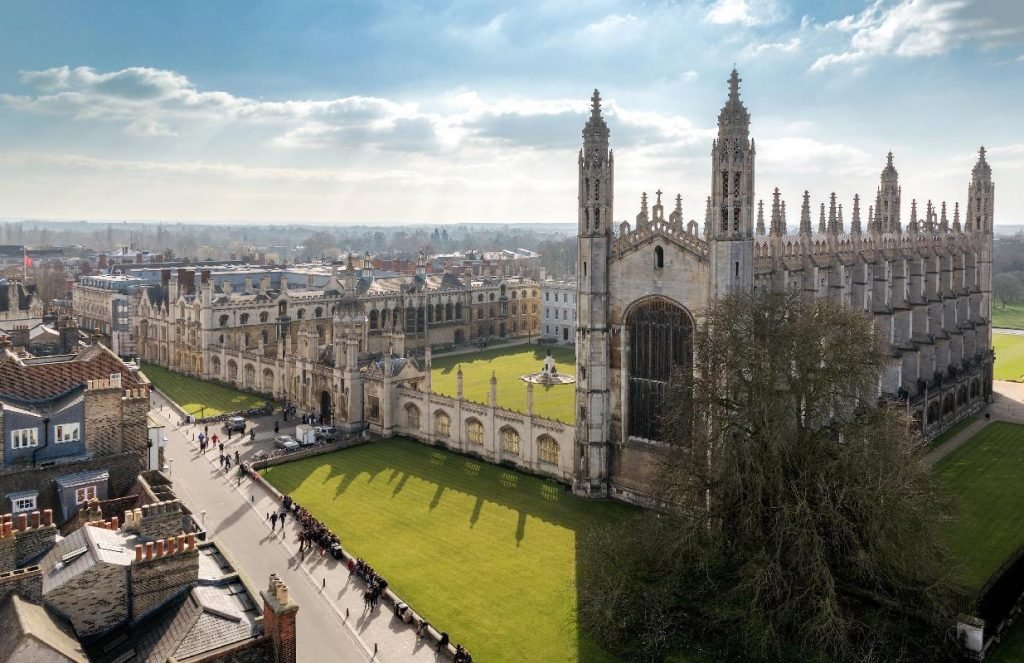Oxford
The University of Oxford is one of the world's oldest universities and one of the leading public research universities in the Commonwealth of Learning. The University is committed to nurturing expertise, with alumni including British prime ministers and world leaders. The University of Oxford is located in Oxford, Oxfordshire, in the South East of England, and consists of 38 independent colleges and four colleges, each with its own governance structure, admission requirements and activities. The University of Oxford currently offers 250 undergraduate programmes and over 300 postgraduate programmes, of which approximately 40% are international.
2020 intake situation and most popular subjects.
Due to the impact of the epidemic, schools around the world have extended their school closures, but the University of Oxford still accepts A Levels and other qualifying exams for admissions, and even with the impact of the epidemic, Oxford's intake reached 3,695 students, more than 400 more than the usual intake. The most popular subjects are Economics and Business Administration, Computer Science, Medicine, Mathematics and Computer Science, and Biomedical Sciences, all of which are ranked among the top five most popular subjects in the world in 2020.
Admission requirements?
- A Levels: AAA – A*A*A*
- IB: 38-40/45, 766-777 in HL
- HKDSE: Three of the elective subjects will be considered as 555, and M1 or M2 will be considered as one of the elective subjects; students who wish to take Mathematics must obtain a 5* in the required Mathematics subject and a 5 in the other elective subjects (including M1 or M2).
- IELTS: A score of 7.5 or above is required, with a score of 7 or above on four papers; students who wish to study mathematics and computer science will need a score of 7 or above, with a score of 6.5 or above on four papers.

Cambridge
The University of Cambridge, located in Cambridge, Cambridgeshire, is the second oldest university in history and the fourth oldest university in the world. The University of Cambridge is a federal school consisting of constituent colleges, academic colleges, and professional colleges, with over 150 departments. The university has eight museums of arts and sciences and a library system of over 15 million volumes, making it a fascinating place to visit. With a total of approximately 10,000 faculty and 20,000 students, Cambridge is a multicultural campus.
2020 intake situation and most popular subjects.
In general, the admission situation of the University of Cambridge can be said to be very impressive, the number of applicants amounted to about 13,388, and the number of students who received an acceptance letter was 3,540, and the total number of students who finally succeeded in getting into the University of Cambridge was 3,122. In terms of undergraduate subjects, the five most popular subjects are Natural Sciences, Engineering, Medicine, Mathematics, and Law. The number of science students is also twice as high as the number of arts students, so you can imagine that the science department at Cambridge is very popular.
Admission requirements?
- A levels: A*AA – A*A*A*
- IB: 40-43, 766-777 in HL
- HKDSE: Three of the electives must be 5*55-5*5*5*5*, while four of the compulsory subjects must be 5555, and sometimes 5** for the electives.
- IELTS: A score of 7.5 or above is required, with a score of 7 or above on four papers; students who wish to study mathematics and computer science will need a score of 7 or above, with a score of 6.5 or above on four papers.
What is the biggest difference between Oxford and Cambridge?
Many people know that in fact the two world-renowned universities have their own distinctive features, but in fact are quite competitive. The University of Oxford is currently ranked fourth in the world, while the University of Cambridge is in seventh place; and in terms of disciplines, Oxford has 38 disciplines, while Cambridge has 39. But if we talk about the difference between the two, Oxford's campus environment is bigger and more vibrant than Cambridge's, while Cambridge's campus is indeed smaller than Oxford's, but relatively quieter.




